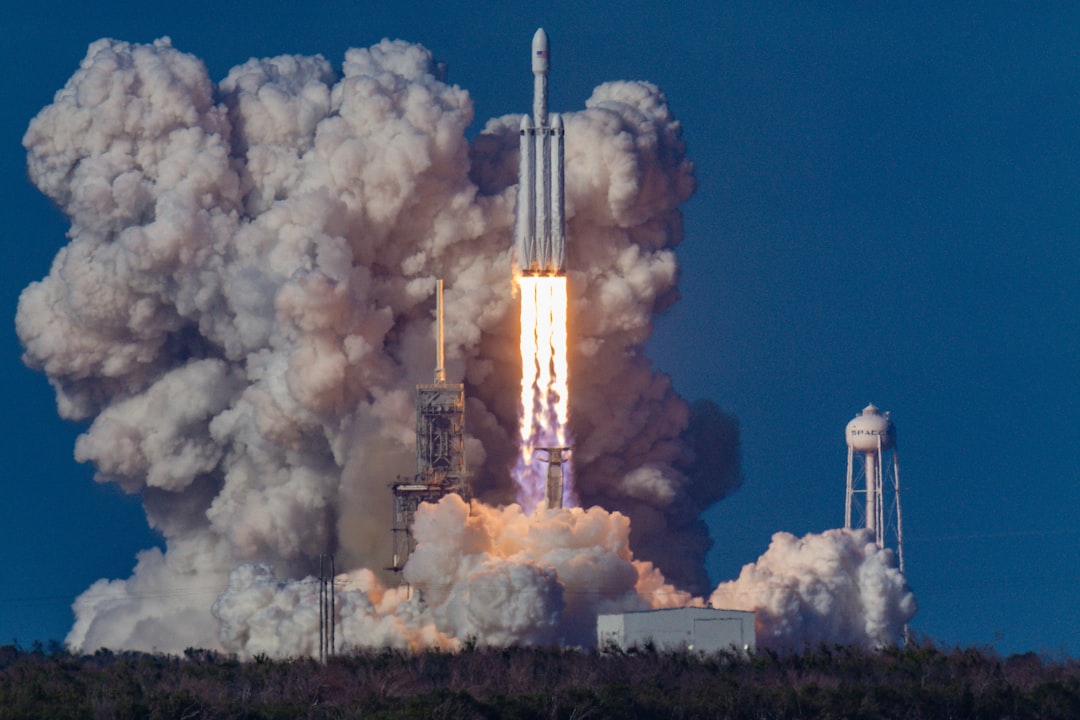What is it about?
Against the tendency to regard Deleuze as a materialist and a naturalistic thinker, I argue that he defends a distinction between philosophy and natural science that is inconsistent with methodological naturalism and with the scientific image of the world as a single causally interconnected system. The difficulty of reconciling Deleuze’s philosophy with ontological naturalism is especially apparent in his recurrent conception of pure events that are irreducible to their incarnation in bodies and states of affairs. In the last section of this essay, I canvass some of the ways in which Deleuze’s thought might be reconciled with a more liberal, pluralist and ethical naturalism that he identified in an early essay on Lucretius.
Featured Image
Why is it important?
Many commentators regard Deleuze as a materialist or naturalistic thinker. This paper points to some of the difficulties in aligning his work with these categories as they are widely understood.
Perspectives
I wrote this paper for a conference on Phenomenology and Naturalism in 2014. I found it a useful exercise in the ongoing effort to locate Deleuze's work in a broader philosophical context.
Professor Paul R Patton
Wuhan University
Read the Original
This page is a summary of: Deleuze and Naturalism, International Journal of Philosophical Studies, May 2016, Taylor & Francis,
DOI: 10.1080/09672559.2016.1175103.
You can read the full text:
Contributors
The following have contributed to this page










